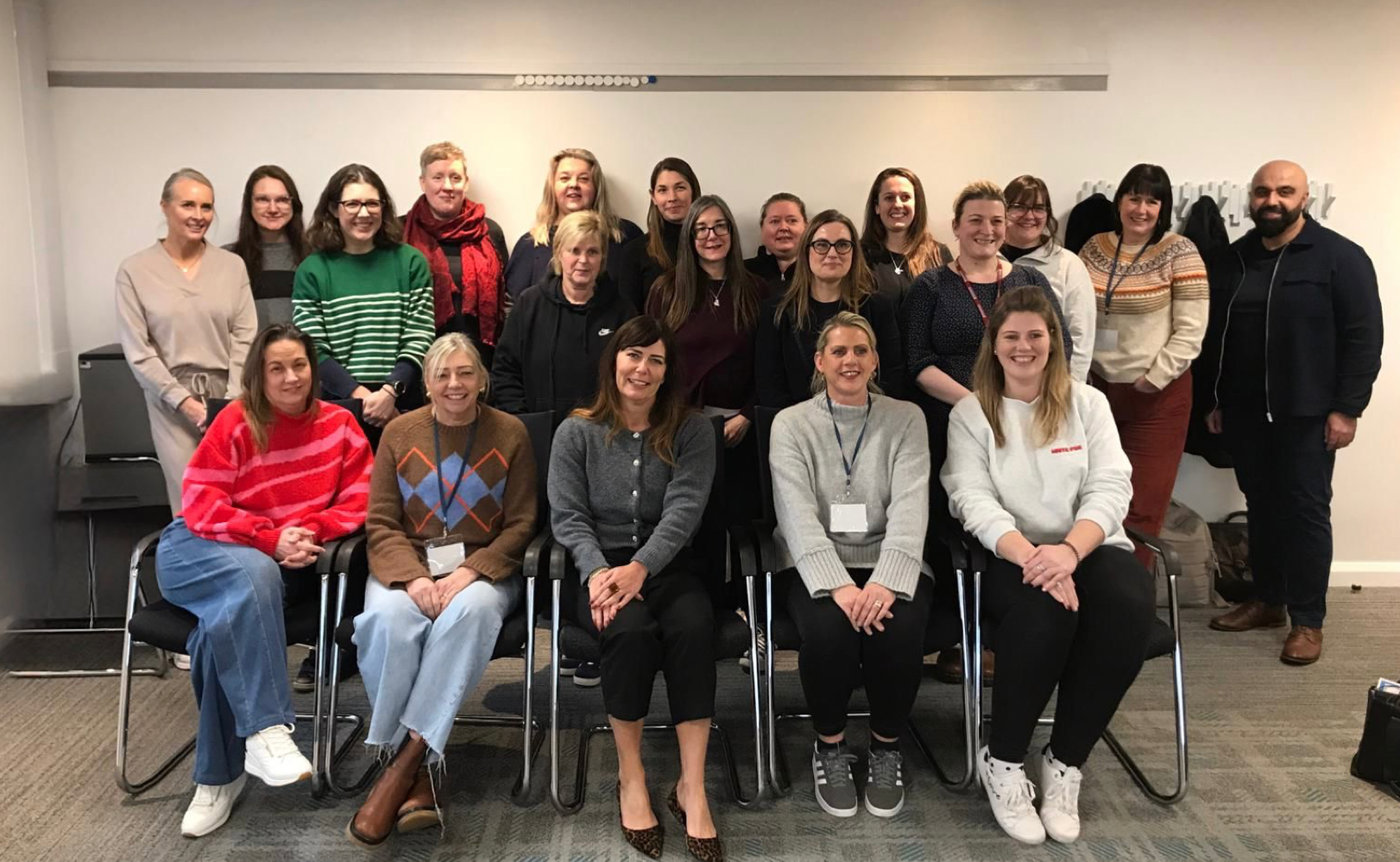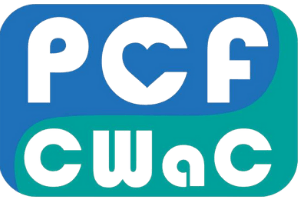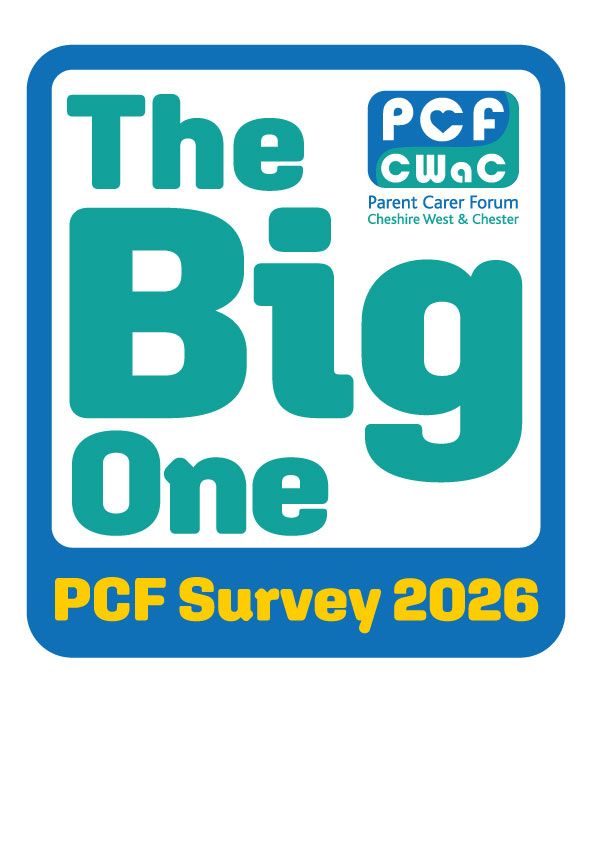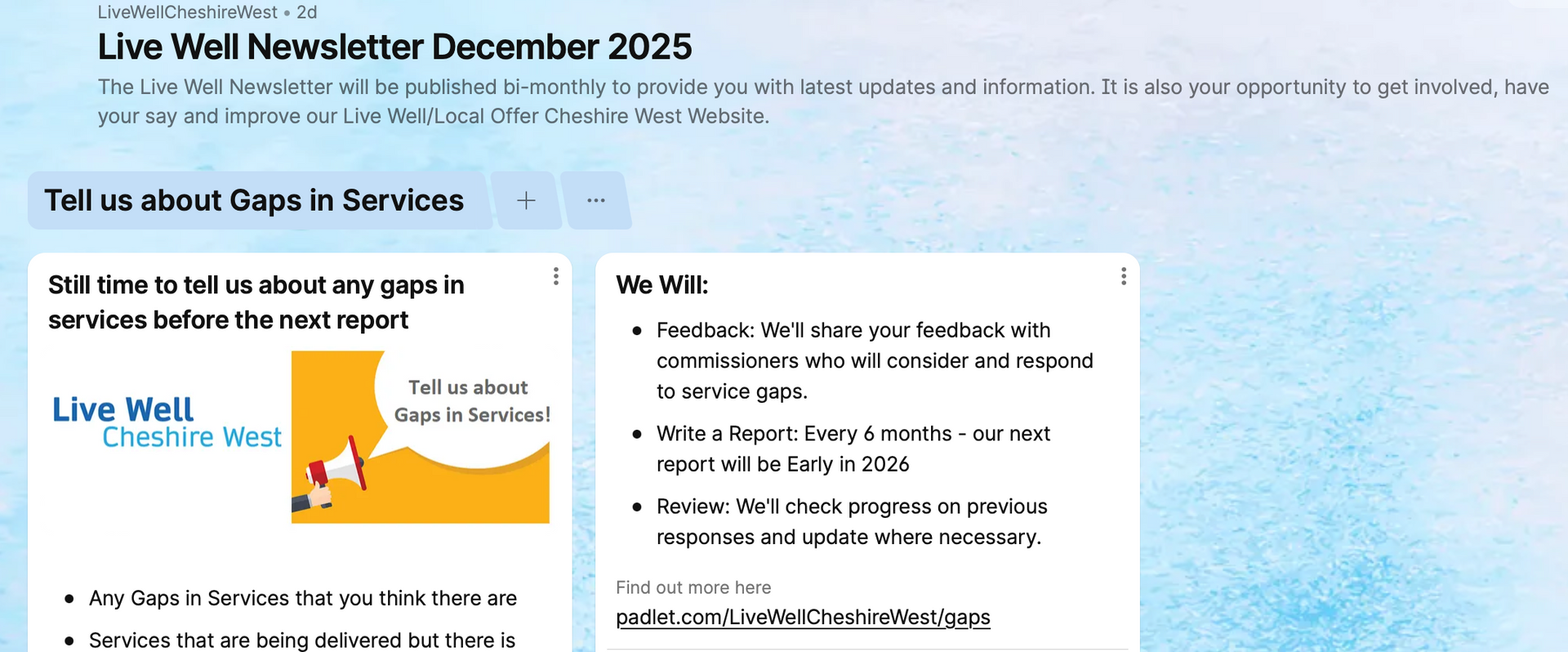Reflections on Leadership in SEND and Alternative Provision with the National Development Team for Inclusion (NDTI)

Trust, Inclusion, and Leadership in SEND
Navigating the complexities of Special Educational Needs and Disabilities (SEND) is a journey of challenge, learning, and opportunity. Recently, Karen Cove (Senior SEN Team Manager) and I participated in the National SEND/AP Leadership Programme led by the National Development Team for Inclusion (NDTI). The programme’s focus on systemic transformation, collaboration, and co-production provided timely insights that complement the ongoing work in Cheshire West and Chester, including the SEND Strategy Plan and the newly formed SEND Strategy Partnership Board.
We were proud to be the only Local Authority (LA) and Parent Carer Forum (PCF) team to take part together, alongside inspirational leaders from across England, including our neighbours in Cheshire East and Wirral. While challenges across the system remain significant, it was encouraging to see a national movement of committed leaders striving for positive change.
This blog captures the essence of our learning and progress so far, shaped by historical context, leadership frameworks, and real-world experience.
The Vision of the National SEND/AP Leadership Program
"Our vision is to create a more inclusive society through the development of a national SEND and AP system, ensuring high-quality, timely support and services so that all children and young people can lead fulfilling lives. Inclusion, co-production, and leadership are at the heart of this vision.
Key Learning: Systems Leadership, Co-Production, and Trust
Real progress in SEND cannot come from small adjustments to existing structures, it demands transformational change where every child thrives. Systems leadership teaches us to break down silos across education, health, social care, and family services, sharing responsibility for outcomes and focusing on collective action rather than isolated efforts.
Co-production was a central theme, highlighting the need to move beyond consultation to genuine partnerships built on trust and shared ownership. In Cheshire West and Chester, work is already underway to re-launch the Co-Production Charter, embedding transparency, trust, and shared expectations across all areas of SEND support.
“Building trust is vital between leaders, teams, stakeholders, and families. It is the cornerstone of effective leadership, collaboration and Inclusion”
A Parent’s Perspective: Trust and Strengths
As a parent carer representative—and a parent myself, I see firsthand the breakdown of trust has impacted families. For those whose children’s disabilities are visible, society often underestimates their potential. For those like my own child, whose disabilities are invisible, families face a constant battle to prove their needs, leading to a damaging focus on deficits rather than strengths.
This constant struggle can overshadow children's voices, dreams, and capabilities. True inclusion starts with listening to children—however they communicate—and empower them to express their aspirations. We must create systems that build independence and recognise potential, rather than reinforcing barriers.
Inclusion: Making the Ordinary Possible
Inclusion is not about extraordinary measures; it’s about ensuring that children and young people experience everyday joys, building friendships, accessing hobbies, and engaging fully in community life.
Progress is being made, focusing on educational inclusion, service access, and holistic family support. Initiatives like the Partnership Inclusion Neurodiversity in Schools project are pivotal in amplifying the voices of children and young people, ensuring that co-production is not limited to adults but reflects the needs and aspirations of those we serve.
Parent Carer Forums continue to play a vital role, working alongside system leaders to ensure lived experience shapes decision-making. Yet, more must be done to prioritise the direct voices of children and young people at every level.
Leading with Influence, Not Just Authority
This programme challenged us to think differently, act boldly, and lead with influence rather than authority. True leadership is not about position but about the courage to challenge the system and model new ways of working. Karen and I are committed to driving trust, inclusion, and collaboration wherever we can influence change. Leadership is not about titles, it’s about relationships, authenticity, and action.
“Many people at the top of organisations have authority but are not leaders. Many at the bottom with no authority are absolutly leaders." Simon Sinek
Watch the short video that inspired us here:
First Follower: Leadership Lessons from Dancing Guy
Challenges in Embedding Change
One of the greatest challenges has been the speed of change, particularly around shifting deep-rooted cultures. Working across complex systems, where no one person or organisation can transform SEND alone, requires ongoing effort, difficult conversations, and patience.
While the journey is long, there is a strong commitment within Cheshire West and Chester to do this work. Progress is happening, and momentum is building. Embedding trust, shared leadership, and co-production as everyday practice is not easy, but it is possible and necessary.
Moving Forward Together
We have naturally developed key learnings from this six month program within the work taking place both, within our own teams and wider partners. For example, Karen and I have actively brought our teams together to build relationships and trust, creating safe spaces to discuss and challenge complex systems and policies. This has included joint work on the “Same Team” initiative, strengthening connections across services, and integrating Parent Carer Forum representatives into parent volunteers training opportunities. We have presented the learning from the National Development Team for Inclusion (NDTi) Leadership Programme to our teams and the steering group, using it as a foundation to shape thinking and drive practical changes. A key example of this in action is our contribution to the review of the Education Other Than At School (EOTAS) policy and development of workshops unpicking types of education, where we have pushed for deeper exploration of systemic barriers. We have also expanded collaboration by involving wider services, such as Education Welfare Officers, to build a fuller picture of the challenges faced by families.
In addition, we have used our learning and experiences to directly influence the co-drafting of the SEND Strategy 2024–2025, demonstrating that the principles of trust, inclusion, and co-production have been embedded from the top of the Strategy Board through to operational practice. Our involvement ensures that learning from the program is built into the strategic direction of SEND services. Operationally, we continue this work through participation in task-and-finish groups, workshops, and action learning sessions aimed at improving day-to-day services both within our own teams and across wider sectors. These examples show how the leadership principles from the NDTi programme are not just being discussed but actively implemented to drive system-wide improvements.
As I conclude this reflection on our journey through the National SEND/AP Leadership Programme, it is evident that the path to meaningful change in Special Educational Needs and Disabilities (SEND) lies in the strength of our collective leadership. The insights gained have reaffirmed that leadership in SEND is not defined by titles but by the courage to challenge the status quo, the authenticity to lead with integrity, and the commitment to inclusivity that places children, young people, and families at the heart of decision-making.

Photo: National SEND Programme Cohort 2
The journey is undoubtedly complex, marked by challenges that require resilience and unwavering dedication. However, the progress we have witnessed in Cheshire West and Chester—through initiatives like the re-launch of the Co-Production Charter and the development of the SEND Strategy 2024–2025—demonstrates that change is not only possible but already underway.
For those considering a similar path, we highly recommend the National SEND Leadership Programme. Participating as a team—comprising both local authority representatives and parent carer forum members—provides a unique opportunity to build the foundations of cultural change that are essential for lasting impact.
Together, we can navigate the complexities of SEND and Alternative Provision, turning challenges into opportunities for growth and transformation.
Find out more here: National Leadership in SEND and AP Programme
Lucy Kennerley
Vice-Chair, Parent Carer Forum Cheshire West and Chester
If you have any other questions, please email us at: contact.pcfcwac@gmail.com or call 07900 840867
Join us and have your voice heard at any of our events in 2024/25...











